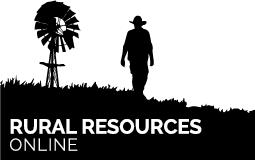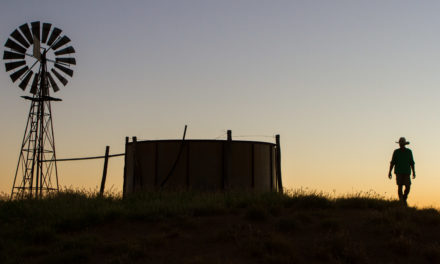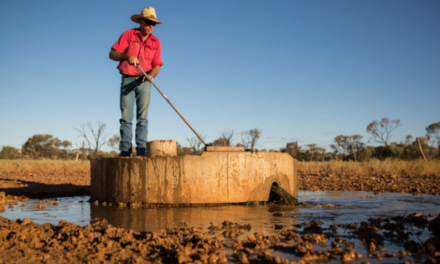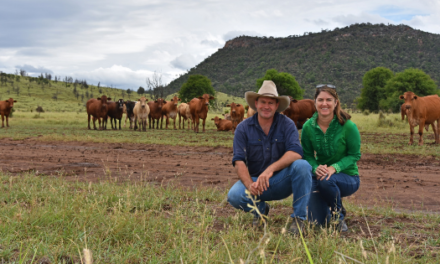A common question for family business succession, and particularly for primary production family business, is when control of the business should be passed to the next generation, without risking the valuable assets of the business if something goes wrong.
There are multiple options that:
(a) enable security for the next generation to be able to continue to conduct a family business to support their own family;
(b) provide off-farm/non-business siblings with an inheritance in due course that can be considered to be fair, even if it is not equal; and
(c) protect large assets in the event, at least for a period of time, that the next generation runs into any form of financial difficulty, whether that be from creditors, death, total and permanent disability or divorce.
Effective Risk Management Strategies for Farmers
Unfortunately, it is far too common to see the first generation wishing to retain control of large assets due to a perceived risk of what may happen to those assets if passed to the next generation.
With appropriate advice and planning, this risk can be minimised, and ultimately the first generation needs to be aware of the potential risk to the family and the business as a consequence of not appropriately transitioning an intergenerational business during lifetime.
The Importance of Financial Literacy for Farmers
Conversely, it is very important to ensure that the next generation is in fact invested in the business and fully trained on all aspects of the business (particularly the financial aspects of the business), before a full transition of the business occurs.
With appropriate structuring and advice, the next generation can have a level of involvement in the business that involves a transition of management first before any transition of valuable assets occur.
Understand Tax Implications of Rural Succession Planning
It is however important in these circumstances to ensure that in the process of any transition of management control, parents are still involved in the conduct of the business to some extent, both for the purposes of capital gains tax (CGT) and duty in some States.
Frequently we see situations where the business itself has been fully transitioned to the next
generation, with the parents retaining only ownership of the land without any other involvement in the business conducted on the land, and this can become extremely costly when it is necessary to transfer the land in due course. An example of this is below:
Case Study
Margaret inherited a cattle station on the death of her husband. She did not want to remain involved in the business after the death of her husband, but wanted to retain some security for having access to capital assets in the event that she had any health issues later in life. Her accountant advised her to transition some of the land to her daughter and son in law, who were fully conducting the business on the land in their own discretionary trust entity.
Three quarters of the land was transferred to the daughter and son in law, with one quarter retained by Margaret. For the next 20 years, the next generation conducted business on the land in their discretionary trust. Margaret was not involved in the business and did not receive any distributions from the relevant trust entity. She had an alternative source of income. Over that period of time, the value of the land rose from an original cost base of $4 million to a market value of $15 million.
One of Margaret’s other children, who was suffering severe financial difficulties, made reference at a family Christmas that he expected to receive a share of the property on Margaret’s death. Margaret therefore sought advice in respect of transferring her quarter share of the property completely to her daughter and son in law.
Unfortunately, as the relevant CGT asset was not used by her or by an entity connected with her in a business for at least 7.5 years, the land did not satisfy the active asset test in respect of Margaret to enable her to access the small business CGT concessions. Other than the general CGT discount, the gain was otherwise be fully taxable at Margaret’s marginal rate.
In this situation, for the purposes of duty in Queensland, the transfer of control of the business well before the transfer of land is also problematic as it is arguable the business is no longer carried on by Margaret, whether alone or with others, as required under the terms of Part 10 of the Duties Act 2001.
Prepare and plan for the future
There is no easy answer in respect of maintaining control as to some extent the timing of passing control will depend upon the many factors including the business acumen of the next generation. Having said that, if parents are no longer involved in the business and the capital required to fully fund parents in retirement is able to be secured for parents, then passing full control of the business needs to be properly considered, along with passing of the assets that are needed to conduct the business, so that the next generation is secure with a viable business moving forward for themselves and their family.
Ultimately the capital required in retirement should be of a sufficient amount that it generates the income needed in retirement, without debt, and without the capital being reduced for the remainder of the parents’ lives, so that off-farm siblings are able to take an inheritance in due course. If this is not able to be achieved, a carefully structured agreement between family members may need to be considered to limit the exposure of the business to any potential family dispute in respect of business assets.





